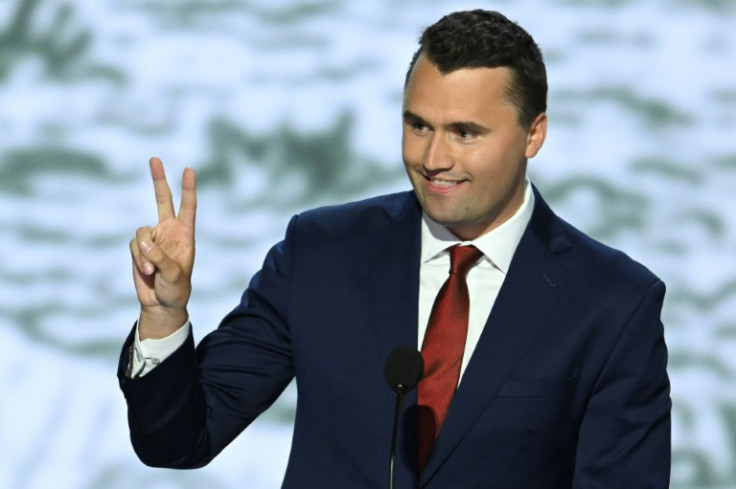Macron's Shake-Up: New PM Named as France Reels from Political Turmoil

French politics have been plunged into renewed instability following the loss of a confidence vote by Prime Minister François Bayrou, marking the end of his nine-month tenure. Bayrou, 74, became the fourth prime minister to serve under President Emmanuel Macron in just two years, a period largely defined by parliamentary chaos since Macron's second term began in 2022. Bayrou's minority government had proposed substantial budget cuts totaling €44 billion (£38 billion) to address France's escalating public debt, a measure that ultimately led to his downfall as 364 MPs expressed no confidence in his administration.
The current political turmoil stems from President Macron's strategic gamble in June 2024. After a significant defeat for his party in the European Parliament elections, Macron called a snap parliamentary election, hoping to secure a clear majority. Instead, the outcome was a hung and divided parliament, making it exceedingly difficult for any prime minister to gain the necessary support for legislative actions and the annual budget. This challenging environment saw Michel Barnier last only three months, from September to December, before Bayrou met a similar fate, resigning formally on Tuesday.
At the heart of Bayrou's struggle was France's persistent debt crisis. For decades, the French government has consistently spent more than it has generated, necessitating borrowing to cover its budget shortfalls. As of early 2025, public debt stood at an alarming €3,345 billion, equating to 114% of GDP, making it the third-highest public debt in the eurozone. The budget deficit was 5.8% of GDP last year and is projected to be 5.4% this year, ensuring continued growth of public debt. France also faces the demographic challenge of an aging population, leading to fewer taxpayers and more state pension beneficiaries. Bayrou, like many politicians, advocated for slashing the deficit through redefining generous social programs, such as state pensions, warning that the idea of early retirement for French workers is outdated. This approach, however, faces significant opposition, with previous governments collapsing over similar issues and the political left pushing for tax rises instead of spending cuts.
In the immediate aftermath of Bayrou's ousting, France entered a period of uncertainty as President Macron deliberated on his next move. The challenge was to find a successor capable of garnering sufficient parliamentary support, a task that has proven difficult in the past. Speculation over potential candidates quickly emerged, with names from both the left and right being discussed. The left-leaning parties, having performed strongly in the 2024 election, saw Olivier Faure, leader of the Socialist Party, as a possibility, alongside former PM Bernard Cazeneuve and veteran ex-minister Pierre Moscovici. On the right and centre, Sébastien Lecornu, the current defence minister and a close ally of Macron, was frequently mentioned, as were Catherine Vautrin, Bruno Retailleau, and Gérald Darmanin.
Ultimately, President Macron swiftly appointed Sébastien Lecornu, 39, as the new French Prime Minister, just 24 hours after Bayrou's resignation. Lecornu, who had served as armed forces minister for three years, focusing on France's response to the war in Ukraine, became the seventh PM of Macron's presidency and the fifth in his second term. The Elysée Palace stated Lecornu's immediate task is to consult political parties to secure the adoption of France's next budget, a challenge that proved insurmountable for Bayrou. Lecornu articulated his mandate as
Recommended Articles
President Tinubu Ends Vacation, Returns to Abuja

President Bola Tinubu will return to Abuja on September 16, 2025, concluding his working vacation ahead of schedule. Dur...
President Tinubu Cuts Vacation Short, Returns to Nigeria Amid High Expectations

President Bola Tinubu is returning to Abuja on September 16, 2025, cutting short his two-week work vacation. This decisi...
First Migrant Deportations Rock Britain as Legal Battles Loom Over Starmer's Controversial Deal

The UK is set to begin deporting small-boat migrants to France under a new 'one in, one out' deal, despite conservative ...
Presidential Power Play: Tinubu Charms Macron in Paris for Crucial Bilateral Talks

President Bola Tinubu met with French President Emmanuel Macron at the Élysée Palace in Paris on September 10, 2025. Des...
President Tinubu in Paris: High-Stakes Meeting with Emmanuel Macron Sparks Diplomatic Buzz

President Bola Tinubu met with French President Emmanuel Macron for a working private lunch at the Élysée Palace in Pari...
You may also like...
How Digital Footprints are Rewriting the Rules of Power and Persuasion

In the digital age, politics is a numbers game. This article explores how political campaigns and governments are using ...
How Geopolitical Shocks and Inflation Are Reshaping the Western World's Economy

Global conflicts, supply chain disruptions, and stubborn inflation are challenging decades of economic stability in the ...
The Battle for Mental Health in Modern Africa

In many African cultures, mental illness is seen as a spiritual or supernatural affliction, not a medical condition. Thi...
How Peer Pressure is Fueling a Mental Health Crisis Among African Teens

In an age of hyper-connectivity, the pressure to conform has never been more intense. This article delves into how peer ...
Who Was Charlie Kirk? The Life and Legacy of a Conservative Firebrand

Charlie Kirk (1993–2025) was a conservative activist, author, and founder of Turning Point USA. From his early years to ...
How Economic Inequality is Eroding Well-Being in Africa

Beyond financial hardship, economic inequality is a hidden public health crisis. This article examines how vast wealth g...
How Inflation is Reshaping Everyday Life and Budgets in Africa

From the market stall to the family dinner table, inflation is a daily struggle for millions. This article explores how ...
Navigating the Job Market Revolution in Africa

AI is poised to either create or destroy millions of jobs in Africa. This article investigates the continent's unique po...